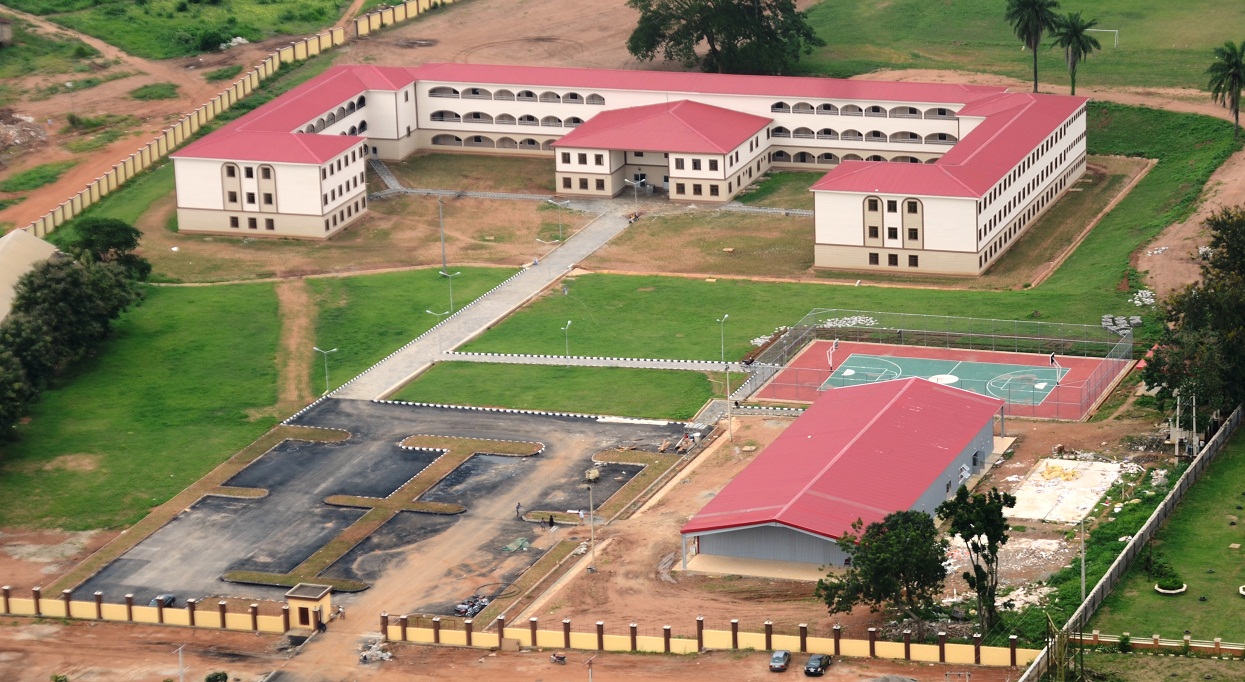[ad_1]
The Non-Academic Staff Union of Educational and Associated Institutions (NASU) has called on the Federal Government to institute and implement a Cost of Living Adjustment (COLA) of 100 per cent in order to take workers from below the poverty line to the poverty line.
“It therefore means that we are demanding for a 100 per cent increase in the salaries of all NASU members in all the sectors,” the union added.
NASU also demanded that the government should undertake tax concessions for Nigerian workers and implement tax exemption for any worker earning minimum wage and below.
The Non-Academic Staff Union of Educational and Associated Institutions (NASU) said that it expects the Federal Government to make arrangements for payment of salary arrears for the four months their union went on strike.
The union added that “Since all parties within the university system have suspended their industrial actions, it behoves the government to start reviewing those hard stances it took while the tertiary institutions were under lock and key.”
During an interactive session with journalists at the sideline of NASU’s National Executive Council (NEC) meeting held in Abuja on Saturday, the General Secretary of the Union, Prince Peters Adeyemi, said a moratorium given to the Federal Government which elapses by November 2022, should serve as a veritable opportunity for government to sit down and begin to address the existing demands by the unions, one of which is the salary arrears.
Adeyemi pointed out that under no circumstance would the government sweep the issue under the carpet, especially when the government obliged the National Association of Resident Doctors (NARD) similar gesture after they suspended their two months strike.
Asked if the Federal Government was still disposed to offsetting the salary arrears going by its initial stance of ‘no work, no pay,’ Adeyemi responded saying, “Now the process of talking about unpaid salaries will start. Nobody will say the schools are closed, this is the ideal time to begin to appeal to those who have taken those hard stances and we believe that those hard stances were as a result of the fact that the schools were under lock and key.
“I have confidence as a union person that those salaries will be paid because it has been paid to the guys in the health sector, two months. The Minister of Labour and Employment facilitated the payment and he is still there, I am confident he will facilitate this payment.”
Dr Hassan Makolo, National President of NASU, while corroborating Adeyemi’s position, said members of trade unions don’t embark on strike to play to the gallery, contrary to the erroneous belief in the public.
According to him, a decision to call a strike does not come easy for unionists because it is done at great cost to their members and the unions.
He said, “Those who think it is easy to go on a strike should think of staying for four, five or more months without a salary or an income and think of what that does to the household of a breadwinner who is taking part in a strike without a salary, in terms of feeding, medicals, transportation, children school fees, aged parents and other relations to cater for as well as the landlord.
“Moreover, most of the children in public universities and other tertiary institutions are our children, whereas the children of our employers and other government functionaries who are expected to resolve the grievances of unions in the public sector are either studying in universities abroad or are in private universities here at home.
“On the part of the union, the management of the affairs of the union continues, including the management of the strike without check-off dues.
“The actions and inactions of public officials foisted a needless strike on members of NASU in the universities and inter-university centres. The strike would not have started in the first place, if they did what was expected of them.”
He stated further that the era of strikes can only be mitigated effectively if collective bargaining in the educational and allied institutions sectors is institutionalised.
Dr Hassan said this was one of the demands they put before the Federal Government which members of the Federal Government renegotiating team rejected.
He went further to state that government teams should always come to the collective bargaining table with fidelity, including implementing agreements it freely entered into with NASU.
He said, “Over two months after the agreement signed by the Federal Government with the Joint Action Committee (JAC) of NASU and SSANU, which resulted in the suspension of the four months old strike, we have observed that the processes expected to be put in place for the actualisation of the content of the agreement are yet to be put in place.
“We therefore use the opportunity of the ongoing NEC meeting to call on the Minister of Education, Mallam Adamu Adamu, to ensure that the processes for the implementation of the agreement commence immediately before the members of NASU will start another round of agitation.
“We hope that some other industrial relations issues within the sector which the government is aware of will be amicably resolved within a minimum time frame.”
[ad_2]
Tribune








